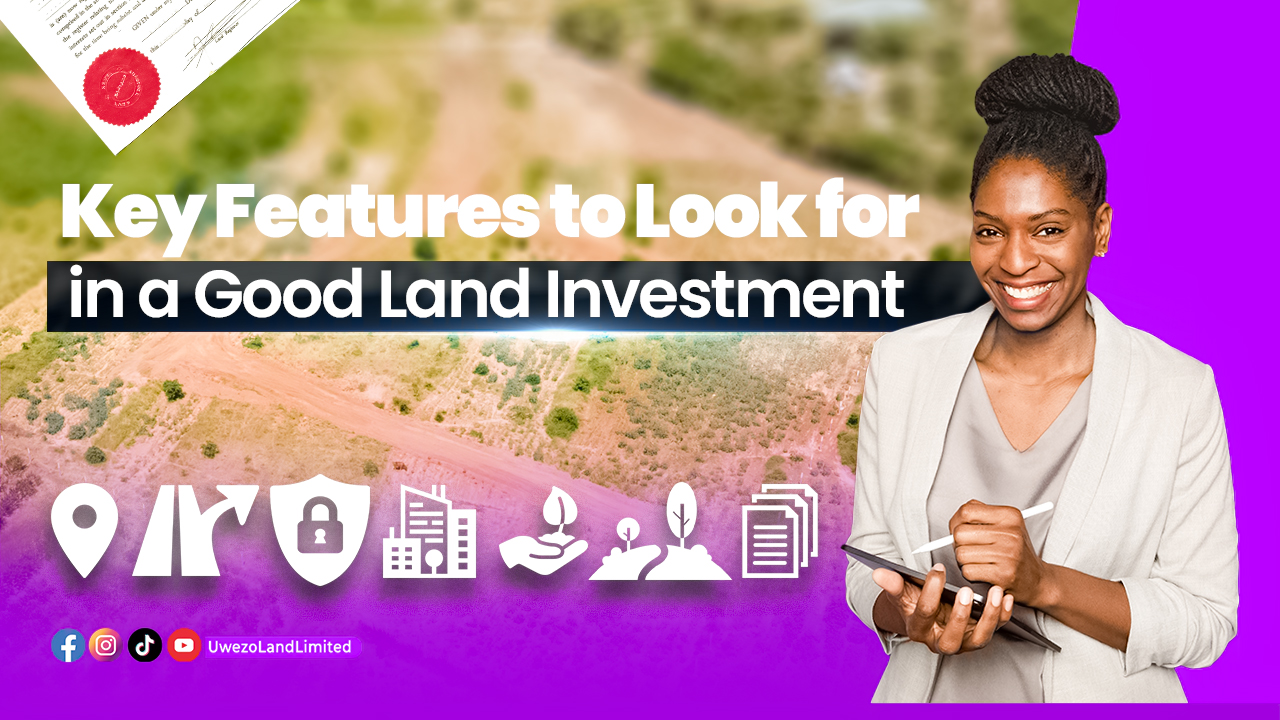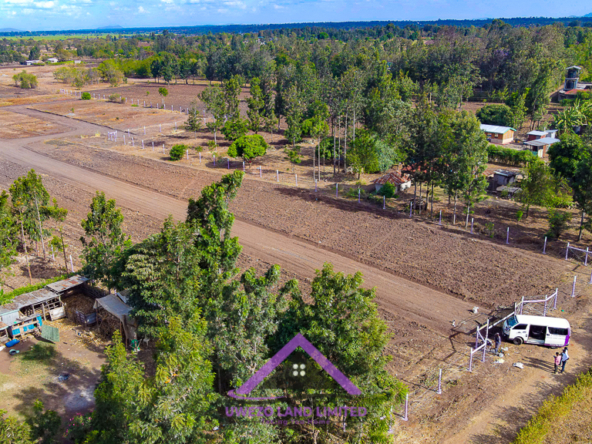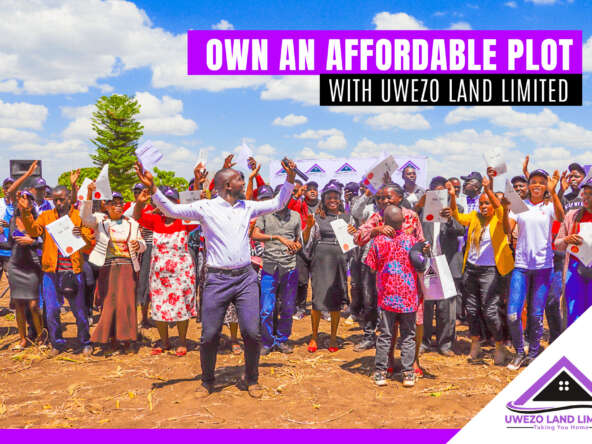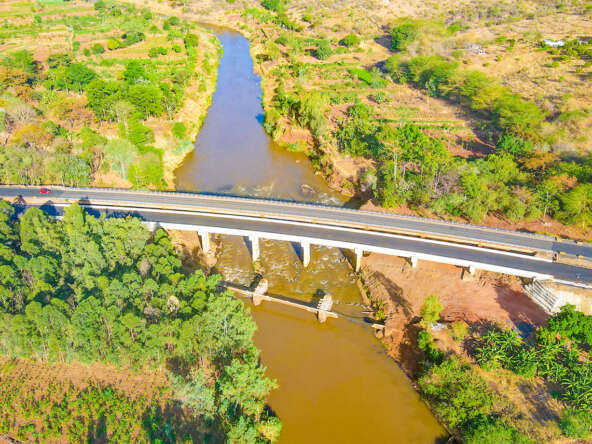Key Features to Look for in a Good Land Investment
Investing in land can be one of the most rewarding financial decisions, offering both long-term growth and stability. Whether you’re considering land for residential, commercial, or agricultural purposes, choosing the right property is crucial to ensuring a profitable investment. But how do you know which land is a good investment? Here are the key features to consider when evaluating potential land investments.
1. Location, Location, Location
The importance of location cannot be overstated. A great location can lead to rapid appreciation, while a poor location can result in stagnation. Look for land that is near key infrastructure, such as roads, highways, and public transport. Additionally, proximity to essential amenities like schools, hospitals, and shopping centers can make the land more desirable for future development or resale.
Another important factor is the area’s potential for future development. Check for any planned infrastructure projects, such as new highways, airports, or commercial centers, which can significantly increase the land’s value over time.
2. Accessibility
Accessibility is crucial for both current and future use. Ensure the land has good road access and is easily reachable by vehicle or foot. A property with difficult access can limit its value and potential for development. Ideally, the land should be located in an area where transportation is convenient, making it more attractive to potential buyers or renters in the future.
3. Clear Legal Documentation and Title
A solid legal foundation is a must for any land investment. Before purchasing, verify the land has a clear title and is free from disputes or encumbrances. Ensure the property has all the necessary legal documentation, including land deeds, zoning permissions, and environmental assessments if needed. Failing to confirm these details could result in costly legal challenges or a loss of investment.
4. Topography of the Land
The land’s topography, or terrain, plays a major role in determining its suitability for development or other uses. Flat land is often preferred for construction purposes as it requires less preparation. On the other hand, sloped or hilly land might be better suited for agricultural use or specialized development projects. Be sure to assess the terrain before making a decision.
5. Soil Quality
For those considering agricultural investments, the quality of the soil is a key factor. Fertile soil can significantly increase the productivity of crops, enhancing the value of the land. Make sure to conduct soil tests to assess its fertility, especially if you’re planning to use the land for farming or ranching.
6. Availability of Utilities and Infrastructure
Land that is already connected to essential utilities, such as water, electricity, and sewage systems, is much more valuable and convenient for development. If utilities are not readily available, investigate the cost of bringing these services to the land. This could be a significant expense and affect the overall investment value.
7. Zoning and Land Use
Before purchasing land, make sure it aligns with your intended use. Check the zoning regulations to ensure the property is designated for residential, commercial, or agricultural use. If you’re purchasing the land for a specific project, such as building a home or starting a business, you’ll want to confirm that the zoning allows for your plans. Zoning can have a big impact on your investment and future property rights.
8. Market Trends and Potential for Appreciation
Understanding market trends is crucial for any investment. Research the area’s historical property values and determine whether it has been appreciating over time. Additionally, assess the potential for future value growth. Look for signs of infrastructure development, new businesses, or an increasing demand for land in the area. A growing economy or expanding population can signal higher future demand and appreciation.
9. Safety and Security
The safety of the area plays a significant role in land value. A high crime rate or lack of security can deter potential buyers and reduce the appeal of the property. Investigate the safety and security of the area and consider how it might impact the land’s long-term value.
10. Environmental Factors
Environmental conditions can greatly affect the usability and long-term viability of land. Before investing, check for any environmental concerns such as flood zones, erosion, or contamination. Certain environmental risks can require costly mitigation measures or limit your development options.
11. Proximity to Major Developments
Land near major development projects tends to appreciate faster than land located in undeveloped or remote areas. Keep an eye on upcoming infrastructure projects, such as new highways, housing developments, or commercial centers. Investing in land near these developments can provide significant returns as the area becomes more accessible and desirable.
12. Cost and Financing Options
Finally, evaluate the price of the land compared to similar properties in the area. Ensure you’re paying a fair price that reflects the property’s potential. Also, explore the available financing options—whether it’s through traditional loans, seller financing, or other creative financing methods. Consider how these options affect your budget and long-term investment strategy.
Conclusion
Land investment can be a lucrative opportunity, but it requires careful consideration and research. By focusing on key factors such as location, accessibility, legal clarity, and market trends, you can make a more informed decision that sets you up for success. Whether you’re looking for land for residential, commercial, or agricultural purposes, understanding these features will help ensure that your investment grows in value over time.
At Uwezo Land Limited, we offer prime plots and land parcels in Sagana, Matuu, Kantafu, and Malindi, all meeting these key features, including strategic locations, clear titles, and access to utilities. We pride ourselves on offering these opportunities at pocket-friendly prices, ensuring that your investment is both valuable and affordable.




